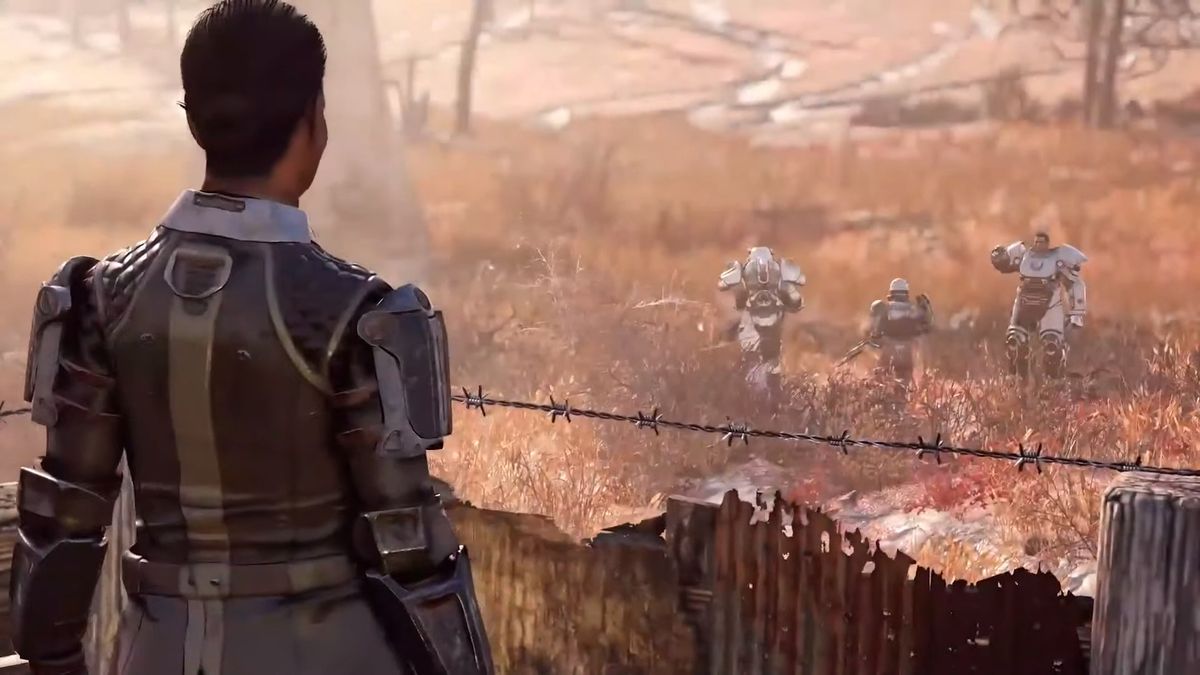From the those initial teasing images to the first cinematic trailer (opens in new tab), we’ve been intrigued by Naughty Dog’s The Last of Us. Even though the post-apocalyptic setting has been in pretty heavy rotation lately, Naughty Dog’s approach seems different. Maybe it’s just the pedigree of the Uncharted series, or having a developer from the underplayed Enslaved (opens in new tab), we admit we’re excited for the stark tone and cinematic detail the early looks (opens in new tab) have shown us.

Naughty Dog’s Uncharted games are known for their movie-like presentation, with a focus on plot, character animation and performance. They took inspiration from the most rollicking adventure films – everything from Indiana Jones to Lawrence of Arabia – to do amazing things for the third-person shooter genre. Now that we’ve had a good hard look at The Last of Us during E3 (opens in new tab), we can’t help but start naming the cinematic “end of it all” scenarios that the gameplay brings to mind. So join us now as we name some of the most influential visions of the apocalypse, ones that already seem to have lent some thoughts to Naughty Dog’s latest, plus the ones we’ll be looking for down the line.
1. Children of Men
Set in a near future where people can no longer procreate, Children of Men’s premise has a touch of sci-fi, but this movie will move and shock you with its grounded, visceral approach.


There are no zombies in Children of Men, no rampaging infected, just a panicked populous and out of control military forces desperate to retain order. It’s not so much post-apocalypse as it is pre; the world is at the tipping point. Then along comes what could be the last pregnant woman on Earth. A resourceful group of political activists must escort her through a war zone and a military holding bay that resembles the most unsettling images of Abu Ghraib and Guantanamo Bay. But the film’s most famous sequence is a harrowing roadside ambush, not far off from the one Joel and Ellie fell victim to in a recent Last of Us trailer (opens in new tab).

Current page:
Page 1
 Game News Video Games Reviews & News
Game News Video Games Reviews & News



